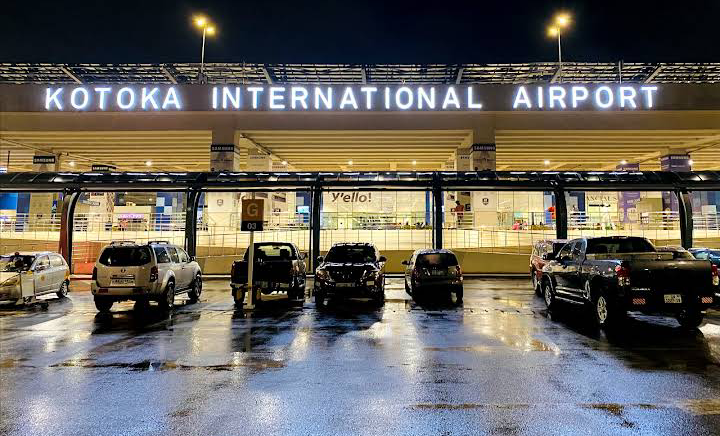Peasant farmers in Ghana are urging the government to reallocate half of the funds from its flagship infrastructure program—the Big Push—toward the agricultural sector, arguing that bolstering farming could provide a more immediate and lasting economic payoff.
Speaking ahead of the upcoming mid-year budget review, the Peasant Farmers Association of Ghana said prioritizing agriculture—one of the administration’s stated economic pillars—would stimulate growth, expand employment, and reduce Ghana’s reliance on imported food.
“If agriculture is the anchor of this government, then it deserves anchor-level funding,” said Bismark Nortey, the association’s executive director, during a civil society budget forum in Accra. “The Feed Ghana Programme and the 24-Hour Economy both place agriculture at the center. It’s time the budget did the same.”
The Feed Ghana Programme, a central component of the government’s economic strategy, aims to increase food production, feed local agro-processing industries, and create jobs, particularly for the youth. Plans under the program include the rollout of farmer service centers across the country to provide access to mechanized equipment, quality inputs, financing, market linkages, and training.
The Big Push initiative, formally known as the National Infrastructure Development Programme, is a multibillion-dollar investment package targeting roads, rail, and energy infrastructure. Critics, however, argue that a disproportionate share of capital spending has gone into long-gestation projects with limited near-term impact on food security and livelihoods.
“Seven out of eight goals in the 24-Hour Economy initiative relate to agriculture,” Mr. Nortey noted. “We believe 50% of Big Push funds should be redirected toward agricultural development to reduce food imports and strengthen food security.”
Traders echoed those concerns, pointing to rising costs and logistical challenges that hinder food distribution and drive up prices.
“The recent drop in fuel prices helped briefly, but the new one-cedi-per-litre fuel levy has erased those gains,” said a plantain vendor in Accra. “Transporting goods from farms is still too expensive.”
Yam trader Opanyin Amissah called for more investment in mechanized farming to lower input costs and bring stability to market prices. “Support with equipment would ease the burden on farmers and reduce prices for consumers,” he said.
As Ghana prepares for its mid-year budget announcement, the call to shift infrastructure funding toward agriculture reflects growing tension between long-term capital investment and immediate economic relief for struggling communities.














